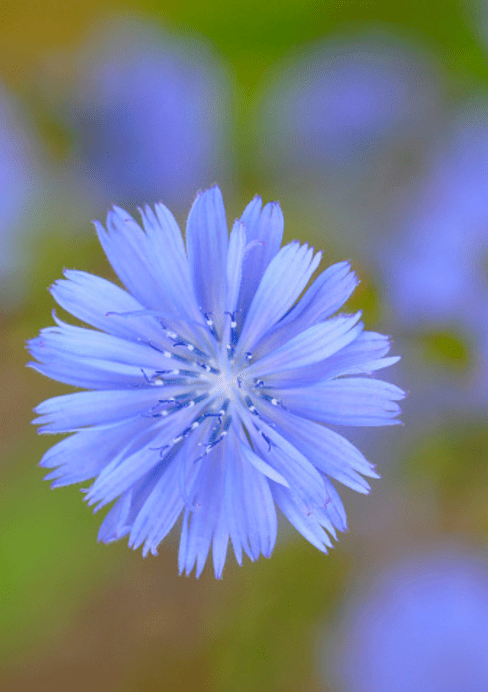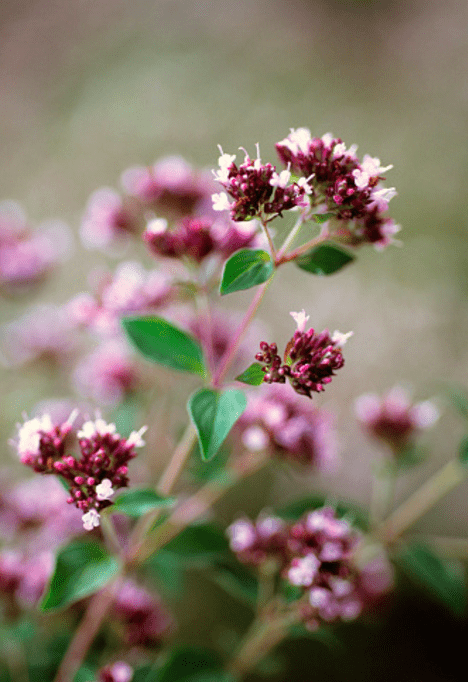
16 Mar Acne and the Pill
If you have been struggling with acne, natural medicine can help!
What is acne?
Acne, also called “zits’ or “breaking out,” usually consists of different types of bumps on the skin. The most common are pimples, blackheads, and whitehead. Severe acne can cause deeper bumps, called cysts or nodules. Acne can appear on the face, neck, shoulders, chest, and upper back. Acne ranges from mild to very severe. Severe cases of acne can cause permanent scars.
How common is acne?
Acne is a common condition affecting about 17 million North Americans. Acne occurs most often among teenagers — nearly 4 out of every 5 teens have acne. The condition usually first appears between the ages of 10 and 13. In most cases, acne lasts for about 5 to 10 years, then goes away on its own. However, some adults in their 20s, 30s, and even 40s get acne.
What causes acne?
Acne occurs when pores in the skin become clogged with a mixture of oil and dead skin cells. The oil (called sebum) is created by glands at the base of each pore. Normally, this oil travels up through the pore and out onto the surface of your skin. However, if too much oil is produced, it can cause the cells in the pore lining to make a plug at the skin’s surface. Germs can grow below the plug, causing redness, swelling and pimples. Blackheads form when the plug goes through a chemical process — they are not caused by dirt.
How do hormones affect acne?
Certain hormones produced by your body can make the skin glands more active, causing them to put out more oil. You are more likely to develop acne during times when your body makes larger amounts of the hormones, such as during puberty. This is why so many teenagers get acne.
Will using oral contraceptives (birth control pills) make my acne better or worse?
Most women find that their acne improves when using oral contraceptives (“the pill”). The overall hormonal effect of the pill helps prevent acne from forming, which is why birth control pills often are used as a treatment for acne.
What can I do to prevent acne or keep it from getting worse?
In most cases, acne is caused by your hormones — not by dirt or oil — so preventative strategies using natural medicine to help balance hormones and support optimal gut health including avoiding foods that trigger inflammation (dairy can be an inflammatory food that triggers outbreaks). If you haven’t considered working with a Naturopath, this might be a good time to invest in a whole person approach. Recognize that the skin outside resembles the skin inside. This may sound glib, but it’s very accurate. Focus on identifying food triggers, treat dysbiosis (leaky gut), replenish the microbiome (with *quality* probiotics), and support the body’s organs of detoxification – the liver and the gut – to help with hormone metabolizing. Diet is very important and ensuring yours is whole food based, minimally processed and chalk full of good “essential” fats from olives, avocados, flax and fish oils can greatly impact your skin’s vibrancy and glow.
It’s important to know that washing or scrubbing your face may not help acne. In fact, scrubbing too hard or washing too often can actually make your acne worse. Also, do not squeeze your pimples or pick at your skin; this can cause acne to spread and could result in permanent scars. If you use make-up or sunscreen, choose mineral and oil-free products labeled “non-comedogenic” or “non-acnegenic.” Sunscreens in particular need to be mineral based and not chemical.
What treatments are available for acne?
In my practice, I have successfully treated even cystic varieties of acne utilizing natural medicine. Botanical herbs can offer excellent astringents, anti-microbial, and anti-inflammatory effects. Plant medicine is also very effective at helping with hormone balance, herbs like Dong quai, Vitex agnes, Sarsasparilla are my popular choices. Essential fats from the omega 3 and omega 6 pathways are also helpful for their anti-inflammatory effects, these include flax oil and evening primrose oil. Probiotics are the biggest thing in medicine currently, although Naturopaths have been prescribing them for decades. The latest research on the microbiome and it’s impact on inflammation and immunity definitely extends to acne. The bacterial strains in yogurt are for the most part not live and also not bio-available to the human body. I recommend human-sourced non-pathogenic strains of lactobacillus and acidophilus sourced found in the ProFlora probiotic blend I dispense, a daily dose of 1/8 tsp (20Billion is ideal). Also, do not underestimate the power of a healthy diet and stress management for imparting a flawless complexion!
There are a variety of topical over-the-counter (nonprescription) products recommended by conventional practitioners to treat mild to moderate acne, such as lotions and creams containing benzoyl peroxide. These products come in different strengths, usually 2.5%, 5%, and 10%. Benzoyl peroxide can make your skin red or dry as it’s quite irritating. If your skin starts to peel, try using a lower-strength formula or use it less often. Prescription acne treatments include antibiotics (oral and topical) or retin A products. These prescription drugs come with a variety of side-effects and precautions, if you haven’t considered natural medicine, I suggest consulting with a Naturopath first before embarking on these aggressive prescription medications. Personally, I’ve seen far better results with gentle non-alcohol based toners such as Dr Thayer’s Witch Hazel blends along with Cera-Ve hydrating or foaming cleanser available at most drug stores. I also encourage my patients to dissolve 1/8 tsp of my ProFlora Blend probiotic blend with 4 0z of water or witch hazel into spray bottle and spray their face with the solution nightly after cleansing. Keep the solution refrigerated. The probiotic helps to support a healthy skin microbiota.
For moderate to severe acne, birth control pills are often prescribed as a treatment. This approach can have benefits if you also want to avoid pregnancy. However, my preference is to limit the amount of synthetic hormones a women is exposed to over her lifetime. For this reason, I support IUDs over oral contraceptives for birth control measures. Unfortunately, the Mirena IUD uses a synthetic progestin (levonorgesterol) that has some androgenic (testosterone) properties. Though very little enters circulation with this IUD, for some it can contribute to acne and a copper IUD may be a more favorable birth control option – assuming you do not have a copper allergy. Be sure to discuss your options with your clinician or myself — we can help you select the right treatment for your acne.
Lastly, be patient: Most acne treatments (natural or otherwise) take several months to work. It is important to continue following your protocol as recommended throughout the treatment. If you’re seeking support for your acne and reside in the Vancouver area, I’d be happy to see you. Contact information is on my website

